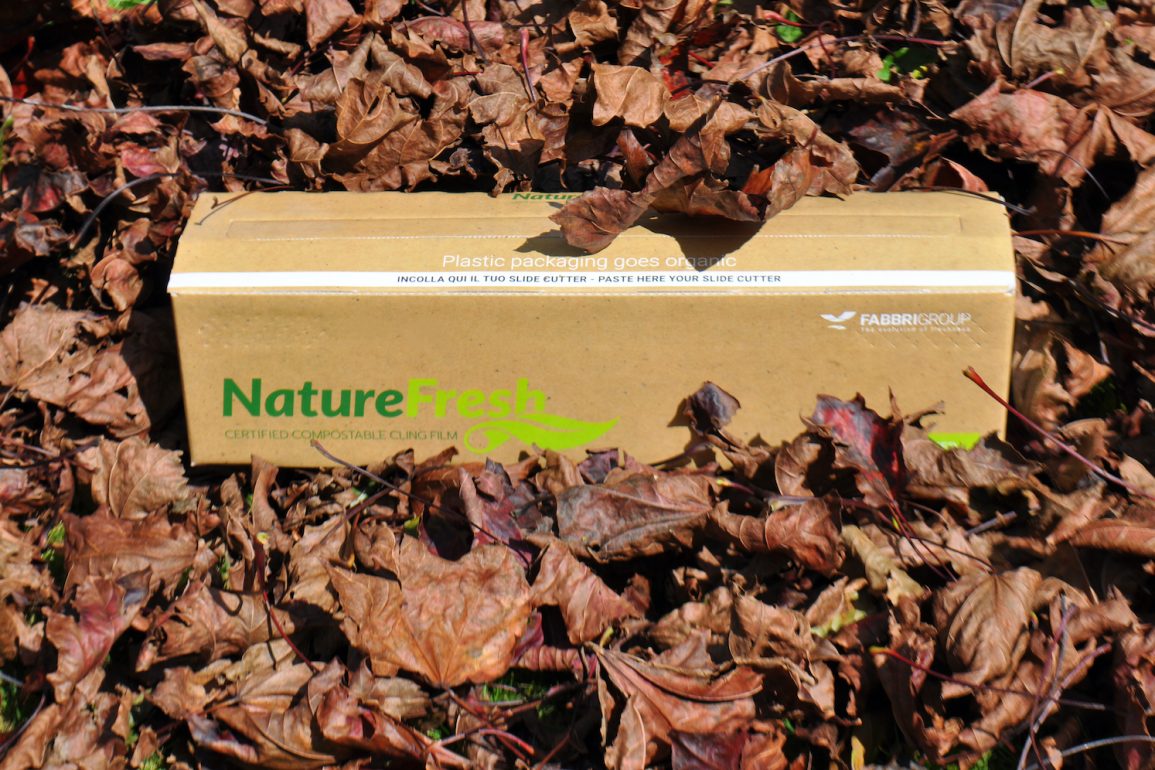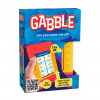Could Compostable Cling Film Be a Quick Win in the Fight Against Single-Use Plastic?
It is estimated that 1.2 billion metres of one such ubiquitous product, cling film, is used annually by British households alone and many more billions are used in our hospitality and retail industries. With less than 10% of traditional cling film currently recycled, Gruppo Fabbri’s new Nature Fresh, the world’s first bioplastic compostable cling film, offers a quick win in the fight against this mounting plastic problem.
Gruppo Fabbri’s Nature Fresh has all the food-preserving benefits of standard cling film but instead of lingering in landfill or sneaking into our oceans to haunt us for thousands of years, it is compostable in six to twelve months.
Michele Govoni, UK branch managing director of Gruppo Fabbri explains: “Plastic film, including cling film, makes up roughly a third of all the plastic packaging used in the UK each year. However, most local authorities don’t accept plastic film in their kerbside recycling collections, so the majority of this ends up in landfill. Nature Fresh is a bioplastic which is biodegradable and compostable. You can put in your home compost or recycle it with your compost collection and within twelve months it will convert into CO2, water and biomass, ready to spread on your vegetable patch.”
Currently Nature Fresh is only available to the food industry, although it is hoped that environmentally conscious consumers will shortly be able to purchase it from a major high street retailer. In the meantime, anyone aiming to reduce their single-use plastic consumption should look out for products wrapped in this eco-friendly packaging.
One of the first producers to adopt Nature Fresh in the UK is Westaways sausages. Their forward-thinking MD Charles Baughn explains: “We are very conscious of our environmental impact and we wanted to get our packaging just right. We were thrilled to discover Nature Fresh. When you buy a pack of Westaways sausages you can simply put the cardboard tray into the recycling bin and either place the bioplastic film into your own garden compost heap or put into the organic waste bin for organic recycling. Either way, it will break down into harmless materials and no plastic will be going into the environment. We hope that many more producers and retailers will adopt this fantastic new product and help significantly reduce the amount of single-use plastic that burdens our fragile planet.”
Michele Govoni adds: “Plastic pollution is a complex issue and there is no simple solution. Nature Fresh is not a silver bullet for the whole problem but it does definitely provide an innovative answer to a large part of it by introducing (organic) recycling of flexible food packaging.”
Women talking are happy to say Nature Fresh cling film works in exactly the same way as the original, sealing food completely keeping it hygienic and fresh. Such a fantastic breakthrough for sustainability as there is an increasingly urgent market demand for packaging materials with minimal impact on the environment.
We can’t wait to see it on the shelves for the general public.
For further information visit here
Lilly Light


